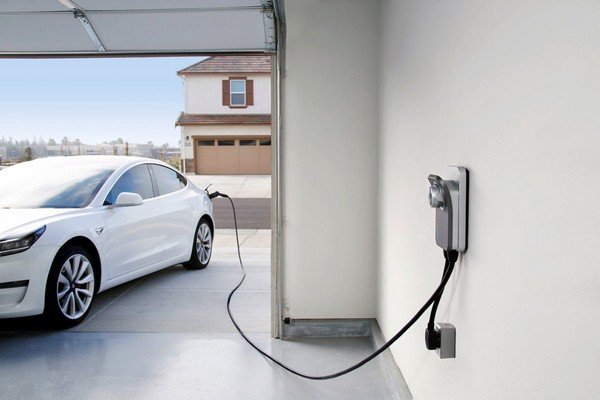The ability to charge one’s car is one of the main questions consumers have when buying an electric vehicle (EV). Concerns about a specific EV’s battery capacity and battery pricing, as well as the lack of ubiquitous charging facilities in several large cities, have proven to be significant impediments for purchasers.
Is the installation of charging infrastructure required before acquiring an electric vehicle? Here is a summary of the things people should consider when choosing an electric car and EV Charging Solutions.
Do you need a location to park?
It’s ideal if you have a designated parking space at home or work for your electric vehicle. Later construction could add more amenities including electrical hookups, outlets, and charging stations. If your home or place of employment does not have allocated parking spaces, purchasing an electric vehicle could be challenging. It’s because, according to studies, roughly 80% of owners of electric vehicles charge them overnight at their homes or places of employment.
The best choice is an electric vehicle with switchable or portable batteries if you don’t have a designated parking space.
Benefits of home EV charger
1. EV charging stations at home is less expensive.
You’ll be responsible for the installation fees. Your charging costs would be substantially lower following the preliminary investment in installation. The cost of home charging varies by vehicle model and power plan, but a total charge may cost as low as £3, implying that your vehicle may cost as little as 2p per mile to operate. Instead of £1-1.50 per hour for public charging, you’ll just pay your regular power unit pricing.
When you’re on an Economy Seven or duration tariff, recharging your vehicle with affordable off-peak electricity might spare you much more money.
2. Use Green Energy To Charge Your Car.
Advanced home charging stations work with sustainable energy sources like solar panels and wind turbines. This implies that without paying for filthy energy from the power system, you could use your excess green energy to power your electric vehicle. One of the most cost-effective and environmentally friendly solutions is to charge your electric vehicle at home using wind or solar power. However, with no need to be concerned if you do not possess a renewable energy system built. Other options exist for lowering the carbon footprint. The freedom is now in your control with a home Electric vehicle charger, and you may get a renewable electricity plan to power your household and your Electric car.
3. Enhance The Value Of Your Property.
Across over 200,000 electric vehicle owners in the United Kingdom, getting an Electric vehicle Charger installed might be a desirable feature for any prospective home purchase. An EV-ready drive is thus anticipated to contribute an estimate of £11.7k to the worth of the standard UK home. The reality that somehow this price is much higher compared to the cost of establishing a home charging port just adds to the allure of home chargers.
4. Home Electric vehicle charging stations might improve battery life.
An electric vehicle battery isn’t any more distinguishable than any other battery: recharging it repeatedly reduces its ability to handle a charge and reduces its performance. In the long term, powering it to almost full capacity instead of merely for just an hour or two may be beneficial for it – plus this would be simpler to do if you already own a home charging station.
5. Safe
Both you, as well as your automobile, will be safer if you leave your Electric car at home. This could take a long time to charge your electric vehicle in a public location. While charging your Electric vehicle in a public setting, such as in a parking lot, your car is vulnerable to robbery, vandalism, and environmental phenomena like severe storms. Each of these possible dangers can be completely avoided by charging your EV in the privacy of your residence.
6. Home EV Charger installation are more effective.
Instead of relying on public charging stations, having a charging port at home gives you complete control over when you charge your car. There aren’t many charging stations in some areas of the UK, so if you’re not first in line, you could have to wait for someone to finish charging before you can start. You can just plug it in and continue working on your home tasks. The majority of electric vehicles have a range of 200–300 miles; for daily use, home charging would be adequate, but lengthy trips only called for recharging at public charging stations.
Should you charge your electric vehicle at night?
In most circumstances, charging an electric car every night isn’t necessarily a good idea because it can reduce the battery’s lifespan. Although it’s a matter of preference—you might feel better leaving the house in the morning knowing you have a full tank—some research indicates that it may even reduce the battery pack’s lifespan.
This is because charging your car to 100 per cent SoC all the time can stress it out, according to researchers at the University of Michigan: “The study advises that users must minimise the amount of time a battery sits at either 100% charge or 0% charge. The cause is that batteries are however stressed and have a shorter lifespan when their state of charge (SoC) is extremely high or low.
One of the team’s main recommendations is to maintain the vehicle’s charge between 20 and 80 per cent of its battery capacity and to only recharge when necessary rather than every night to a full SoC.



